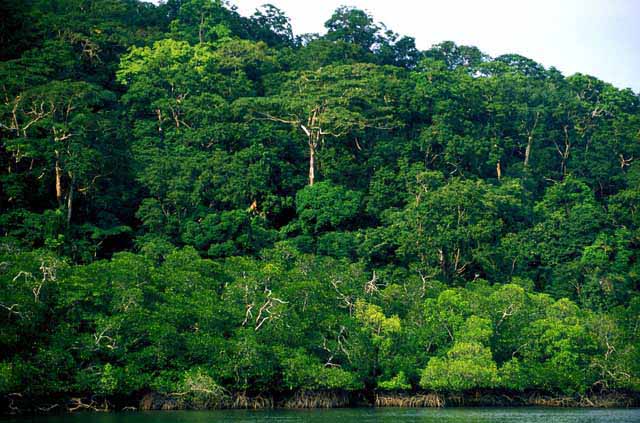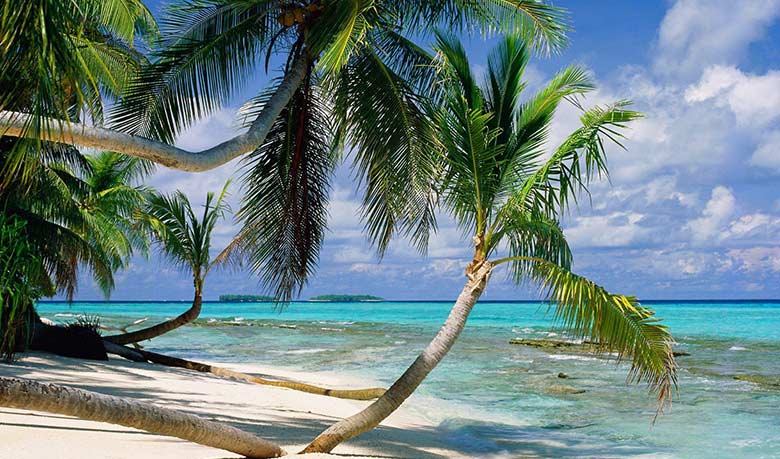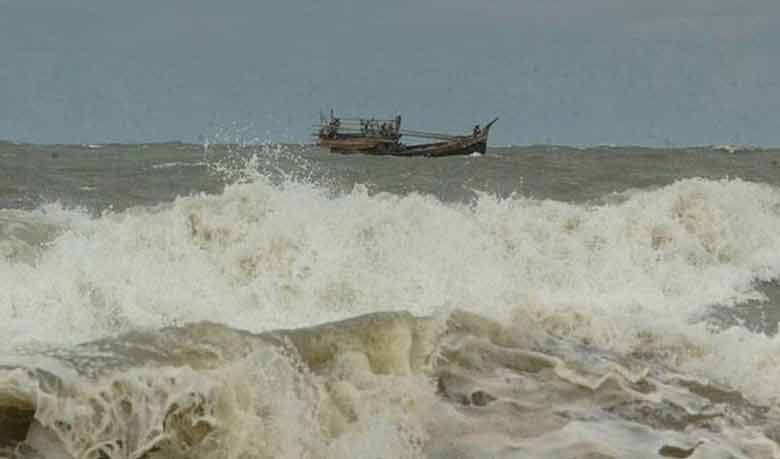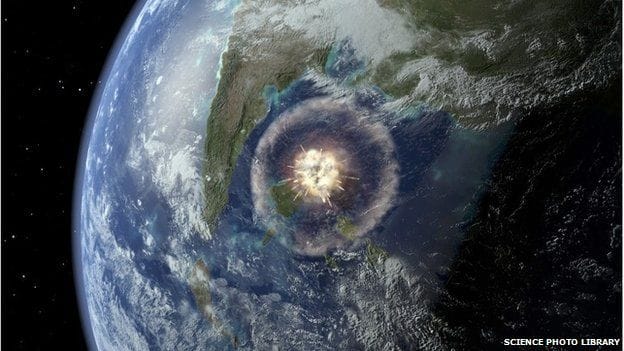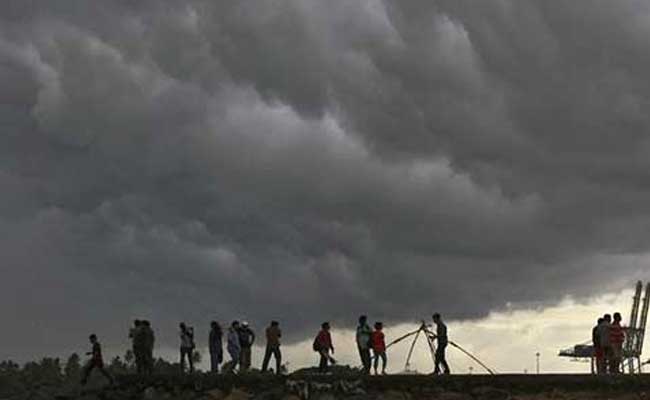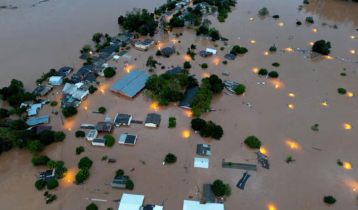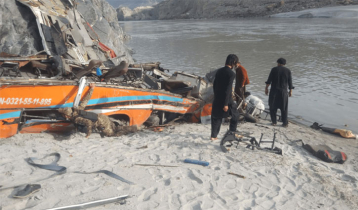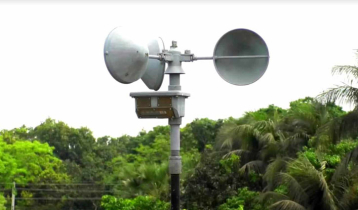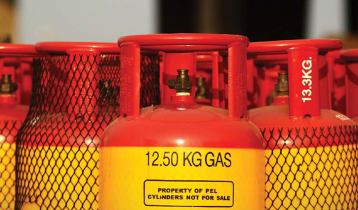Thawing ice in Arctic to cost $60 trillion
RISINGBD ENVIRONMENT || risingbd.com

DHAKA, July 25: Methane release from shrinking sea ice in the Arctic will cost the globe $60 trillion (£39 trillion), or an amount equal to the entire global economy last year.
Scientists say the shrinking sea ice from just one area is an "economic time bomb" that has dire implications for the future.
A comment piece in the journal Nature explains how researchers have analysed the likely cost of methane emissions in the Arctic region. They have calculated the potential economic impact from the methane, predicted to be emitted as a result of thawing ice in the East Siberian Sea.
The piece, written by Gail Whiteman from Erasmus University with Chris Hope and Peter Wadhams, both from Cambridge, says that the methane released from this area is just a fraction of what could be released from the Arctic.
At present, discussion regarding the economic impact of the melting sea ice has focused on its benefits - the opening of new shipping routes and increased oil and gas drilling opportunities could attract hundreds of billions of dollars in investment.
However, the authors say these possible benefits are vastly outweighed by the potential costs that will be caused by climate change.
Wadhams said: "The imminent disappearance of the summer sea ice in the Arctic will have enormous implications for both the acceleration of climate change, and the release of methane from off-shore waters which are now able to warm up in the summer.
"This massive methane boost will have major implications for global economies and societies."
Whiteman added: "The global impact of a warming Arctic is an economic time-bomb."
The academics came to the $60tn pricetag by using an updated version of the modelling method used in the UK government`s Stern Review on the Economics of Climate Change, and the model used by the US Environmental Protection Agency.
They predict that 50 gigatonnes of methane will be released over a decade as a result of the East Siberian Sea ice thawing. This is without taking into account ocean acidification.
Hope said: "The methane release would bring forward the date at which the global mean temperature rise exceeds 2C by between 15 and 35 years.
"In the absence of climate-change mitigation measures, the PAGE09 model calculates that it would increase mean global climate impacts by $60tn."
The authors say developing countries will bear 80% of the costs as they experience more of the extreme weather that will ensue as a result of climate change, such as flooding and droughts.
They advise world leaders to consider that the changing Arctic landscape will far outweigh any short-term benefits gained from shipping and extraction, saying the economic danger of Arctic change is not yet fully recognised.
"Global leaders and the World Economic Forum and International Monetary Fund need to pay much more attention to this invisible time-bomb," Whiteman said.
Commenting on the piece, Ben Ayliffe, head of the Arctic oil campaign for Greenpeace International, said: "While oil companies like Shell and Gazprom claim that they`re drilling in the Arctic to boost the global economy, the science is telling us something very different. This new research should be required reading for politicians and businesses looking to avoid the huge costs that climate change will bring.
"Our response to the rapid warming of the Arctic should be a concerted attempt to shift away from fossil fuels towards a more efficient renewable energy system that will increase the resilience of our economies.
"Instead, we`re opening up this pristine environment to oil drilling and increased greenhouse gas emissions for short-term profit. It`s completely illogical, and as this research shows it`s economically illiterate too."
risingbd.com



